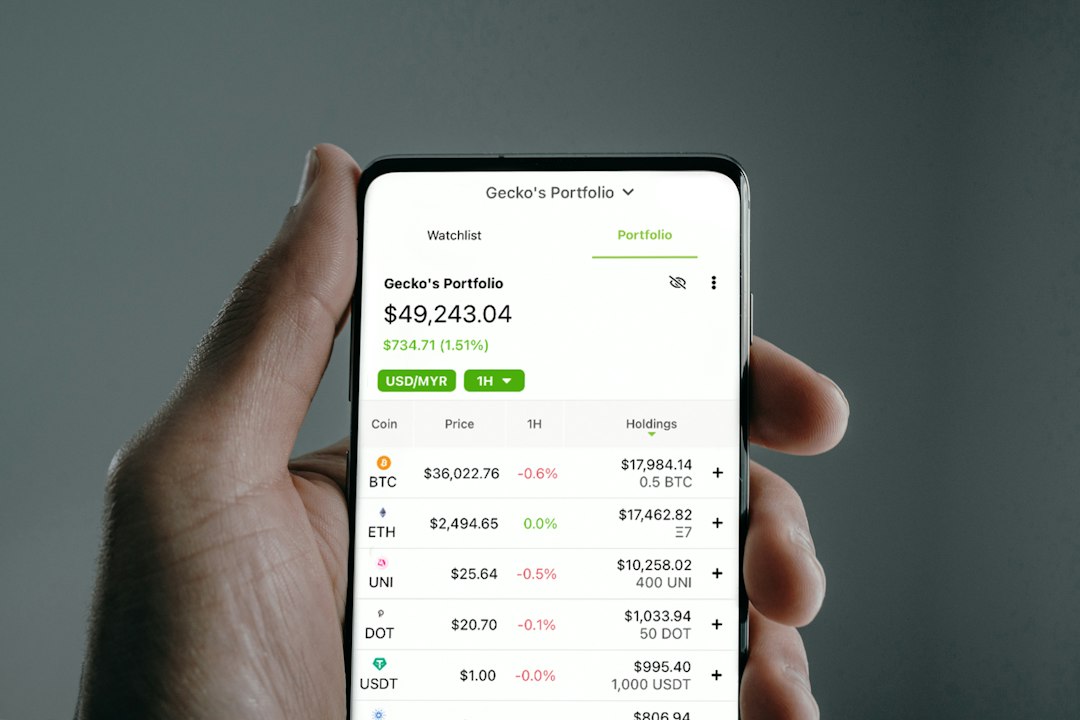Tether’s Influence on the Cryptocurrency Market: A Bloomberg Investigation
Have you ever wondered about the impact of Tether on the cryptocurrency market? If you’ve been following the crypto news lately, you might have come across concerns raised about the influence of Tether, a controversial stablecoin, on the overall stability and pricing of cryptocurrencies. In this article, we will explore the findings of a Bloomberg investigation and shed some light on the matter.
But first, let’s take a step back and understand what Tether really is. Tether, symbolized by the token USDT, is a type of stablecoin – a cryptocurrency designed to maintain a stable value by pegging it to a fiat currency, typically the US dollar. It aims to provide crypto traders with a convenient way to hedge their positions and reduce volatility risks.
However, Tether has faced numerous controversies and skepticism over the years. Many have questioned the legitimacy of the claim that each USDT is backed by an equivalent amount of US dollars held by Tether Ltd. Critics argue that if Tether cannot provide proper audits to confirm the backing, it could potentially lead to a catastrophic event in the crypto market.
In 2019, Bloomberg conducted an in-depth investigation into the impact of Tether on the crypto market. Their findings revealed a strong correlation between Tether’s issuance and the prices of major cryptocurrencies, particularly Bitcoin. When Tether was printed, the price of Bitcoin seemed to surge, hinting at potential market manipulation.
So, how does Tether’s influence work? The investigation suggests that rather than reflecting genuine demand and investor sentiment, Tether’s issuance could be artificially inflating cryptocurrencies. When Tether is printed, it is often used to purchase cryptocurrencies, primarily Bitcoin, thereby creating buying pressure that drives up prices.
This buying pressure, created by Tether, can have a domino effect. As Bitcoin prices rise, other cryptocurrencies tend to follow suit. Traders who see Bitcoin surging are enticed to invest in other cryptocurrencies, thus amplifying the effect of Tether on the entire market. This artificially induced demand can lead to a speculative frenzy, driving prices to unsustainable levels.
The potential repercussions of Tether’s influence are concerning. The crypto market becomes vulnerable to sudden crashes if Tether’s issuers choose to sell their holdings, withdraw liquidity, or if regulatory actions are taken. Such events could trigger panic selling and lead to a market-wide downturn.
These findings have fueled growing calls for greater transparency and regulatory scrutiny of Tether. Without proper audit reports, it becomes challenging to ascertain whether the value of Tether is truly backed by real reserves. The lack of transparency raises doubts about its influence on the broader cryptocurrency ecosystem.
So, what steps can be taken to address this issue and ensure market stability? First and foremost, a thorough and independent audit of Tether’s reserves should be conducted. A transparent audit report would help validate the legitimacy of Tether and provide market participants with a clearer understanding of its impact.
Furthermore, regulatory bodies such as the Securities and Exchange Commission (SEC) should closely monitor Tether’s operations and ensure compliance with existing regulations. Stricter regulations on stablecoins can help mitigate potential risks and protect investors from market manipulation.
Frequently Asked Questions (FAQs)
Q: Is Tether the only stablecoin in the market?
A: No, there are several other stablecoins available in the market, such as USD Coin (USDC), Binance USD (BUSD), and DAI.
Q: Can Tether’s influence impact the price of altcoins?
A: Yes, Tether’s influence on the market can drive up the prices of other cryptocurrencies, including altcoins.
Q: How can I protect myself as an investor from the potential risks associated with Tether?
A: It is advisable to diversify your cryptocurrency portfolio and conduct thorough research before investing in any cryptocurrency, including Tether. Staying informed about the latest developments and market trends is also essential.
Q: What are the alternatives to Tether?
A: If you are concerned about Tether’s influence, you can consider other stablecoins such as USD Coin (USDC), TrueUSD (TUSD), or Paxos Standard (PAX).
Q: Is the future of Tether uncertain?
A: The future of Tether remains uncertain, as it largely depends on regulatory actions and increased market transparency. Continued scrutiny and regulatory efforts will shape the stability and credibility of Tether in the long run.
In conclusion, the Bloomberg investigation sheds light on the potential influence of Tether on the cryptocurrency market. Despite its controversial nature, Tether’s impact raises concerns about market stability and crypto pricing. It is crucial for regulatory bodies and market participants to address these concerns and ensure transparency, accountability, and fair practices within the cryptocurrency ecosystem.





 By
By
 By
By
 By
By
 By
By
 By
By